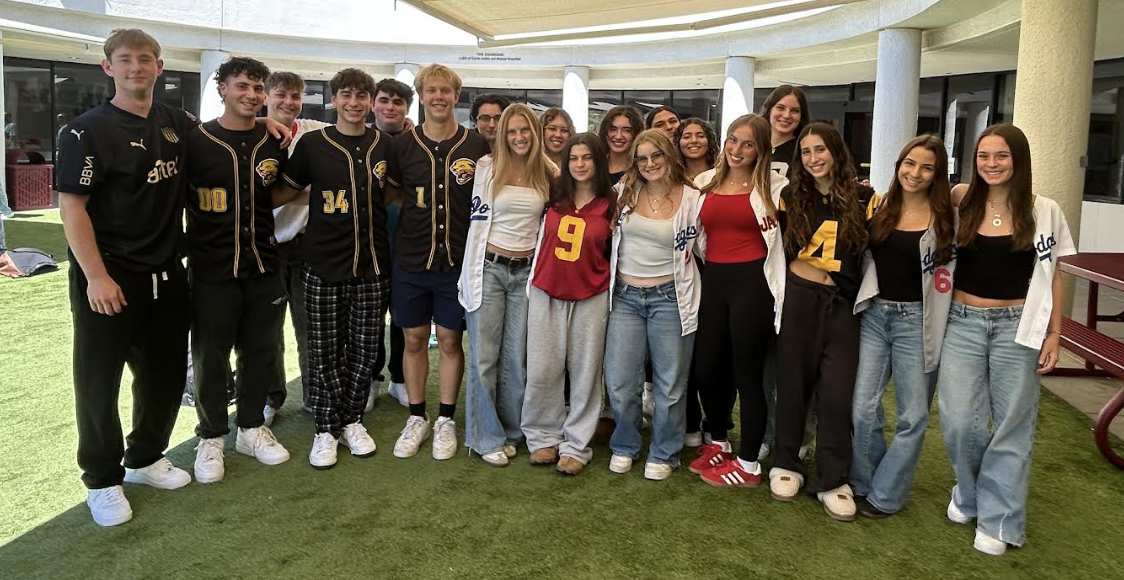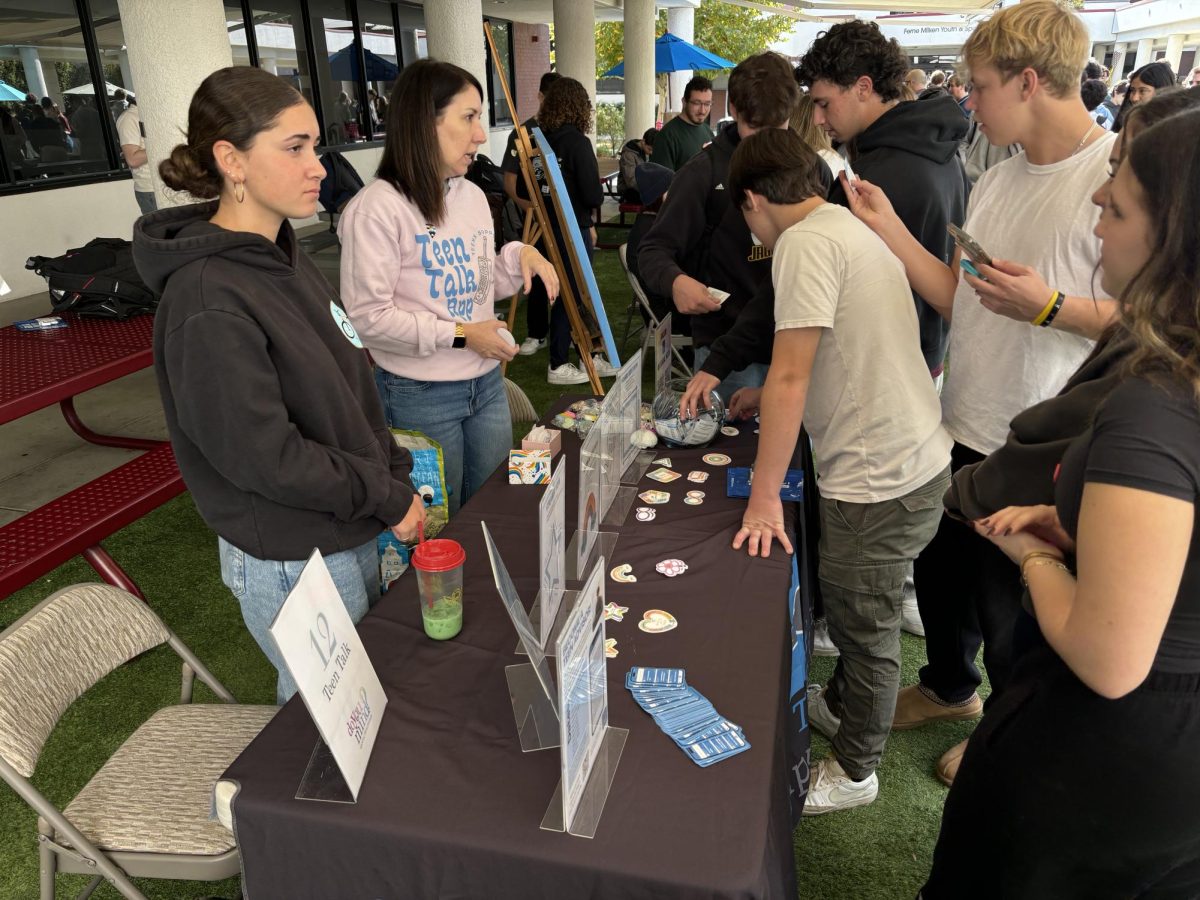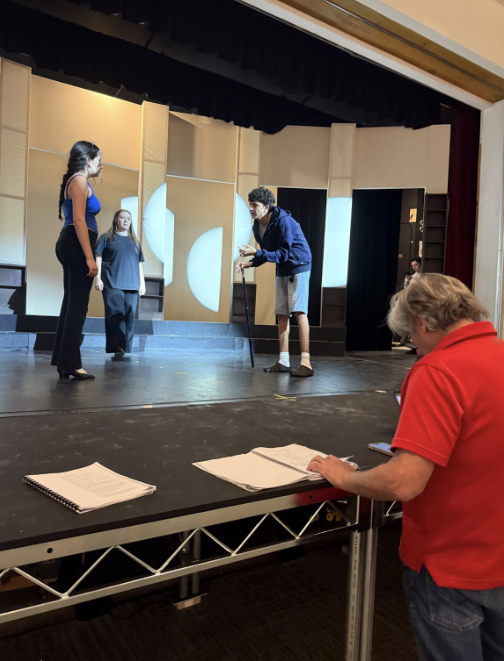“I will speak as liberal as the north;
Let heaven, and men, and devils let them all,
All, all cry shame against me, yet I’ll speak”
-Othello, Act V, Scene ii
On October 22nd, the award-winning play, Emilia, by Morgan Lloyd Malcom opens at de Toledo high school, and it is an essential watch. Three different actresses bring to life three periods of Emilia’s developing relationship with feminism, advocacy, and voice.
#1 Emilia Herself
Have you ever heard of Emilia Lanier, the brilliant Elizabethan author? She was a wife, mother, mistress, poet, and potentially the voice behind some of the most influential Western literature: Shakespeare’s Othello and many of his sonnets. Lanier was all but forgotten, until playwright Malcolm used her voice to give recognition to this woman by writing Emilia.
Bridget G. (’27) who plays Emilia 2 said that the play “highlights and brings awareness to women’s feelings and thoughts.”
The three Emilias are continually repressed, and unable to use their voices. All the while, the male characters ignore or deny these things being issues at all. Throughout the play female characters confidently resist repression with the knowledge that one day things will be different.
#2 Drama
The play examines the connection between Emelia and Shakespeare. The audience watches Emilia on a forever changing journey throughout the play. Isabelle A (‘26) who also plays Emilia 2 said, “Going through the three Emilias is the evolution of the power she’s holding.” She continued that Shakespeare “isn’t evolving even though the Emilia’s are; he just stays the same stagnant man who’s taking advantage of women.”
Shakespeare’s writing is stationary as the world grows and shifts around it. Emilia’s writing, on the other hand, is relevant in a time and place where she does not gain the recognition that she deserves. To view the play is to understand why one person takes from another, out of selfishness and also out of unwillingness to change. The play is important to anyone who has felt that their power and relevance has been ignored.
#3 Innuendo and Fights
The play is not just for feminists. It’s an extraordinarily fun play. The language is complex, and poetic, but along with that it’s dramatic and hilarious. The raunchy jokes and ridiculous violence add a silly aspect to Emilia and is many people’s reason for seeing it.
#4 Advocacy
Saar said, “I wanted to make sure the audience could feel the vulnerability, the repression, the box that women were put in.” He continued, “ I think it’s a fantastic lesson of how to use your voice, and how women can change the world and have changed the world.”
Change is at the center in the play. That’s its goal. Be part of the change in the world, and go see Emilia at de Toledo high school.
Wednesday, October 22nd at 7pm
Sunday, October 26th 1pm and 6pm
Tuesday, October 28th at 7pm





























